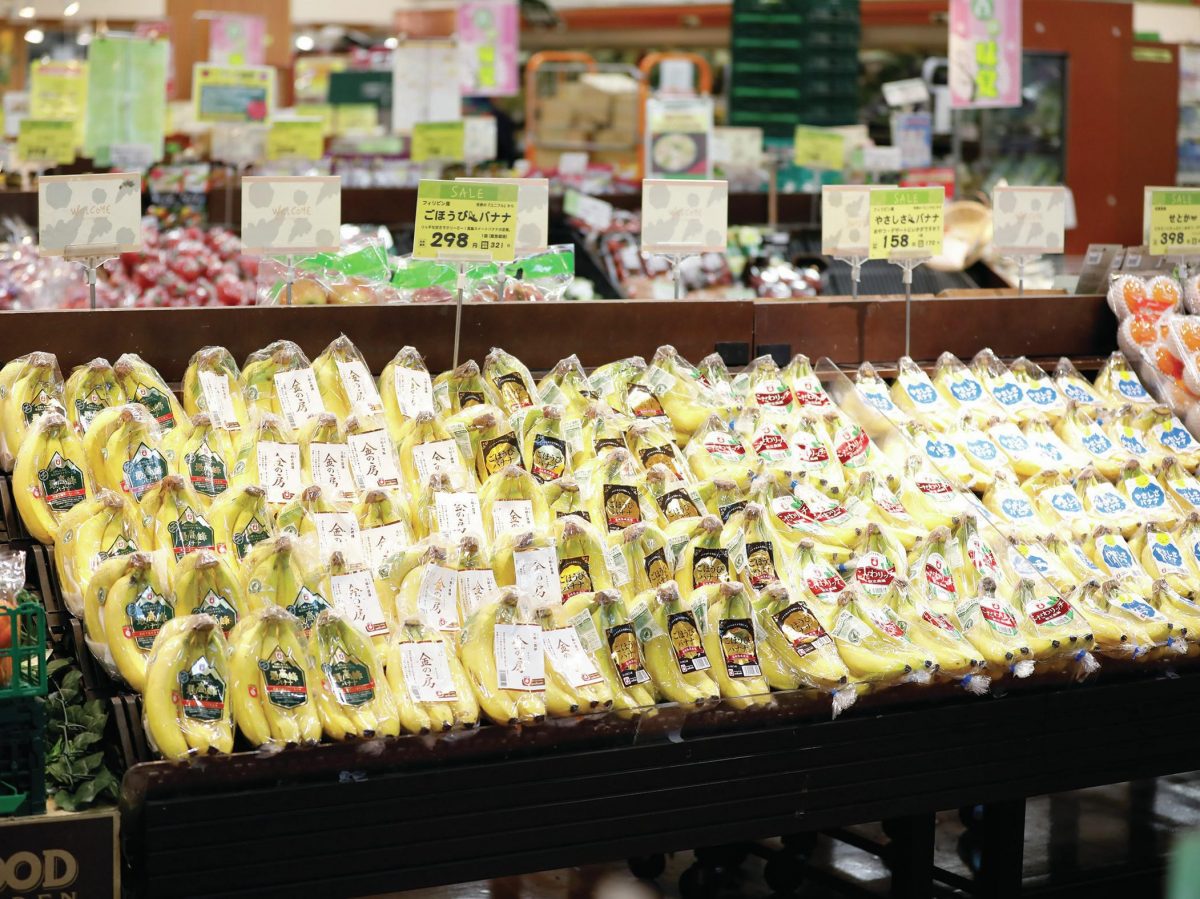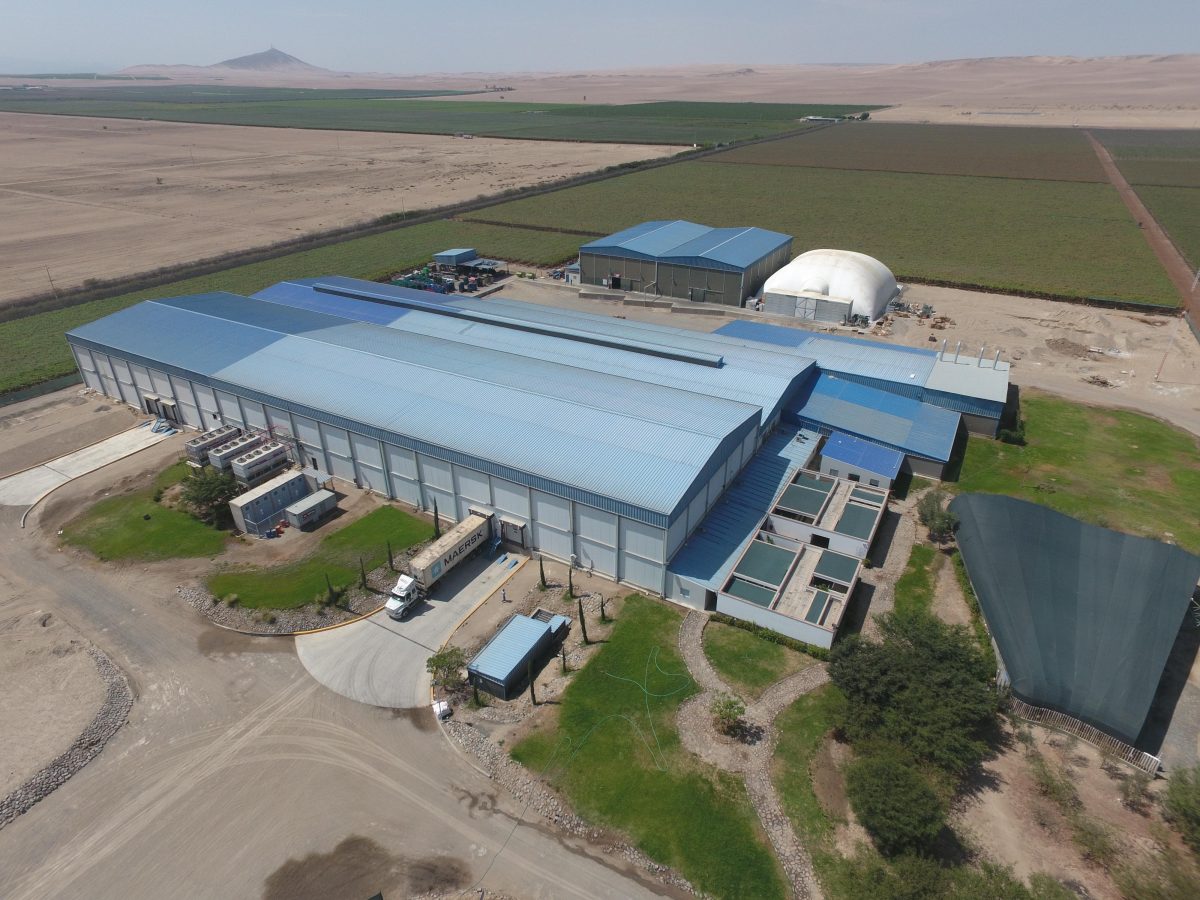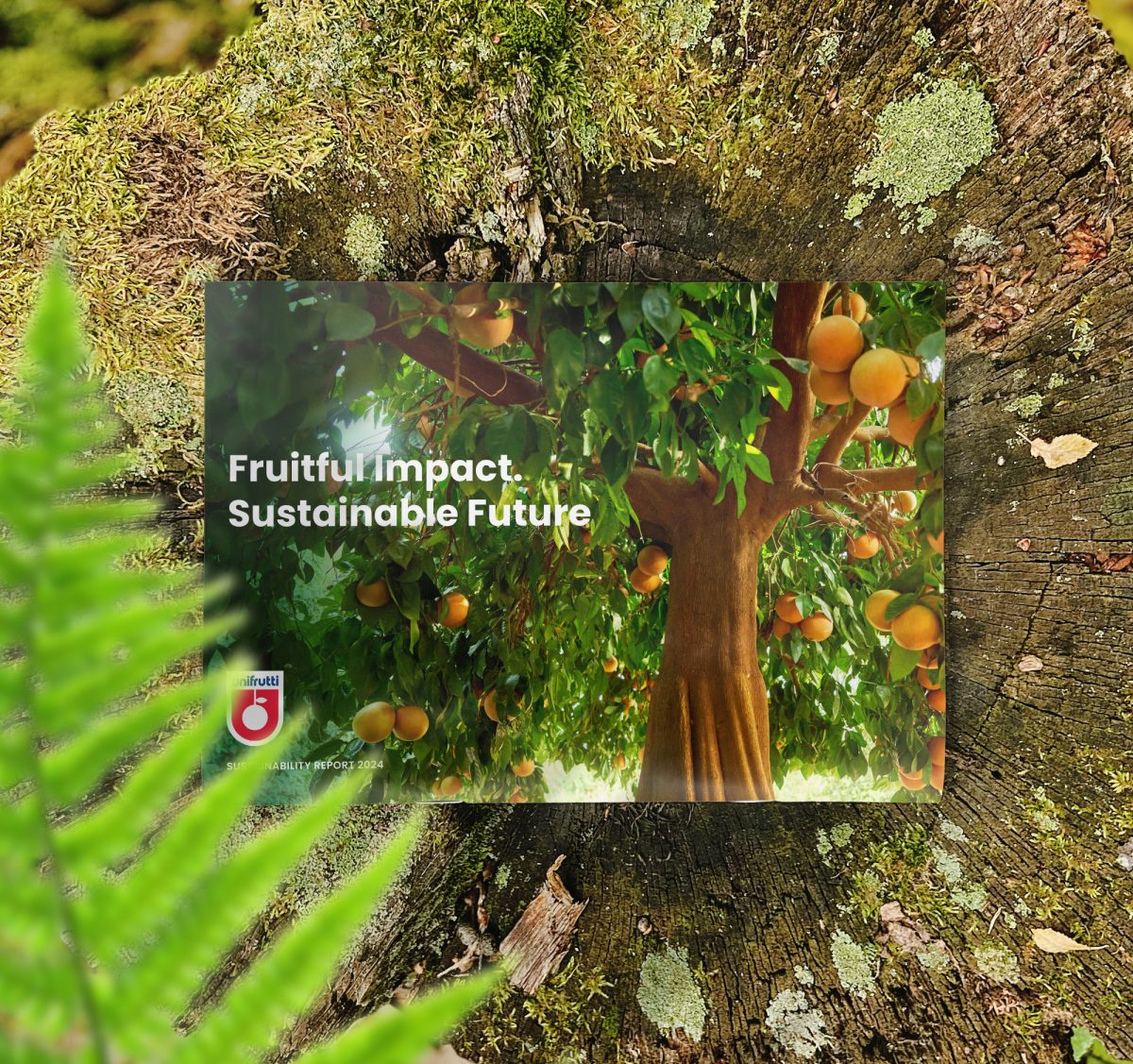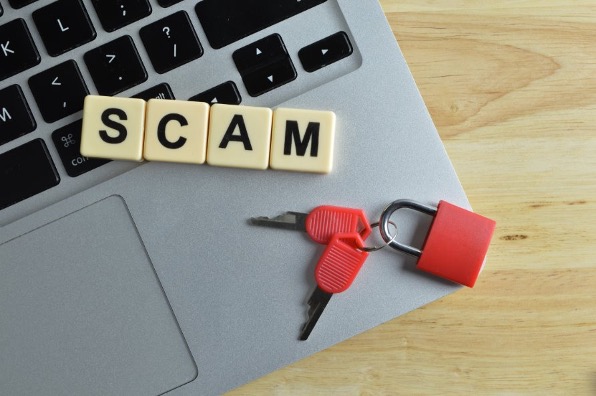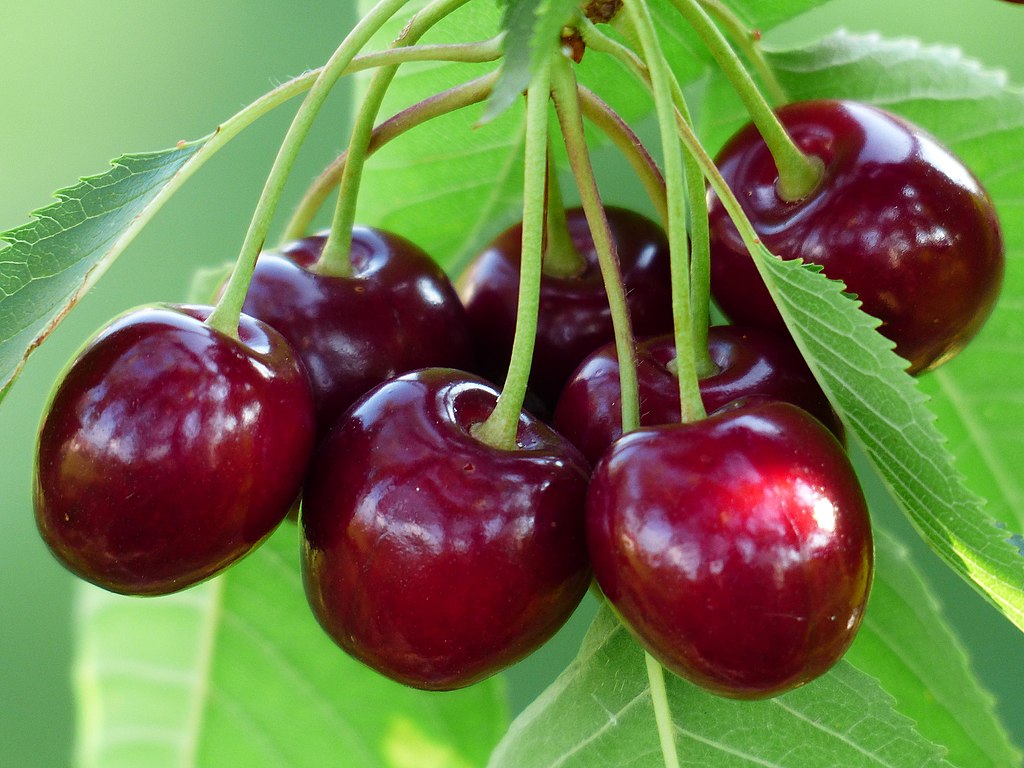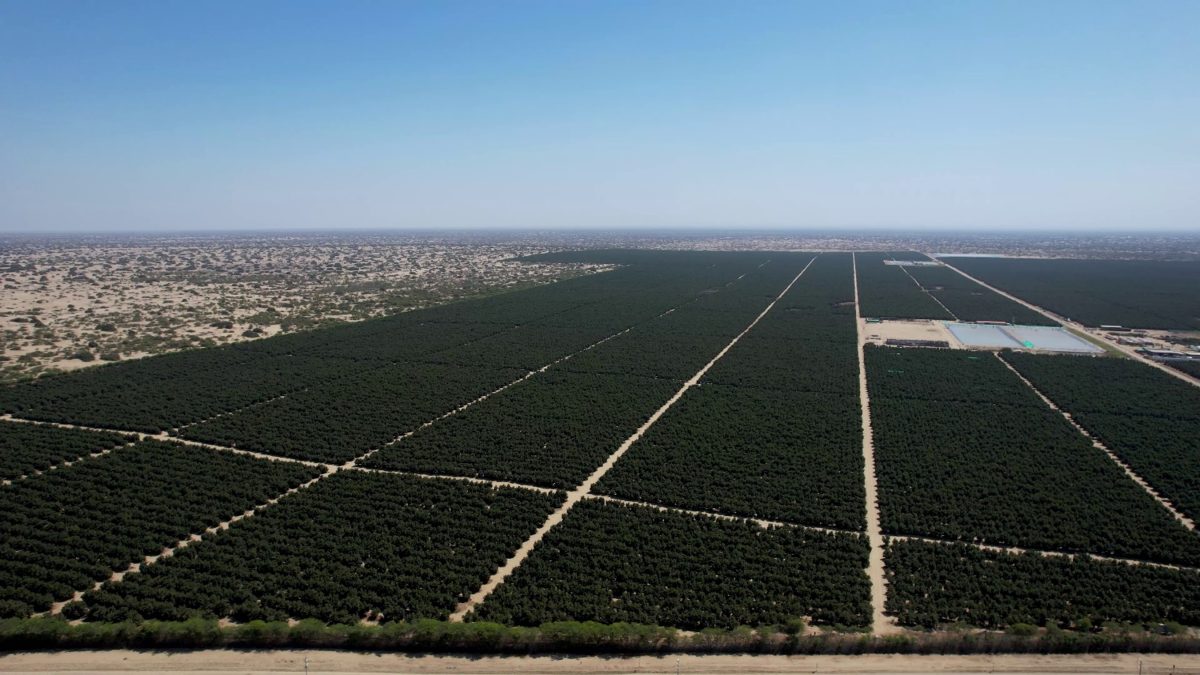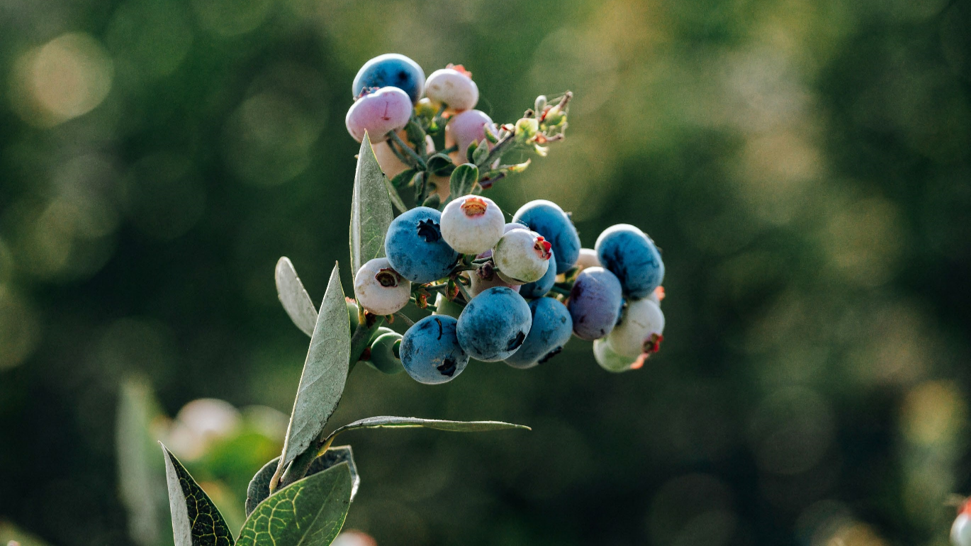Read the original Article on Asia Fruit News
Retail prices of Philippine bananas in Japan have increased for the first time in seven years
Having succeeded in raising retail shelf prices in Japan, the Philippine banana industry is now lobbying to lower or remove the import tariff on its fruit.
The Philippine banana industry achieved a much needed breakthrough in the Japanese market last year when it achieved the first retail price increase for its fruit since 2015.
The price increase came after the Pilipino Banana Growers and Exporters Association (PBGEA), with the help of the national government agency, launched a PR and government campaign to protect its position in its largest market amid soaring supply costs and growing competition.
Alberto Bacani, who was president of the PBGEA until the end of last year, said the campaign – launched on 8 June 2022 – sought to “bring to the attention of Japanese consumers, the Japanese government as well as trade organisations like supermarket groups the plight of the Philippine banana industry”.
The Philippine banana industry has been facing soaring inflationary costs across the supply chain, from production to logistics. Fertiliser prices alone have “almost doubled” over the past year alone, according to Bacani. Meanwhile, retail prices in Japan have remained flat for some seven years.

“DEMANDING MARKET”
The Philippines plays a critical role in supplying the Japanese market with bananas, accounting for around 78 per cent of total imports in 2022, according to chairman of the Japan Banana Importers Association, Kennard Wong.
Its proximity to Japan is a key advantage, he notes, with a short five-day transit time from the Philippines to Japan versus 30-days plus for Central and South American suppliers. “The shorter transit time provides an operational advantage in terms of aligning ripening and distribution to meet daily requirements of retailers in order to accommodate the Japan consumer preference for daily food shopping,” Wong explains.
Despite the Philippines’ integral supply role, he points out that Japan is a unique and “demanding market”.
“According to Filipino growers, it’s already a very challenging market to accommodate, not just on quality standards, but also MRL (maximum residue level) standards. If returns do not improve, it will only accelerate the number of Filipino growers getting out of the banana business.
“Growers have conveyed that despite efforts to manage and rein in costs, it has become untenable for the industry to absorb the level of cost increases on its own. Price increases at retail reflect a shared responsibility of cost across the supply chain to ensure sustainability of supply of Philippine bananas for Japanese consumers.”
With the support of the Philippine Embassy in Tokyo, PBGEA’s campaign succeeded in conveying this message to key retailers. As a result, it managed to achieve a ¥30 (US$0.20) per kg increase in the average retail price for Philippine bananas in 2022, to ¥278, compared with ¥248 five years ago, according to Bacani. This roughly translates to an increase of US$2.50 per 13.5kg box.
The increase was somewhat offset by the devaluation of the Japanese yen versus the US dollar, which has impacted returns, he added.
Wong says one of the main benefits of the campaign is that it has raised awareness among retailers and consumers that “protecting food supply means protecting the supply chain”.
TARIFFS THE NEXT TARGET
Wong recognises the challenges retailers face in further increasing prices to consumers, especially in the current economic environment.
The next focus of the government relations PR campaign – and the obvious way to increase returns without further raising retail prices amid ever rising costs – is to reduce or eliminate Japan’s import tariff on Philippine bananas.
Philippine bananas face an annualised tariff of 13 per cent – ranging from a high of 18 per cent in the winter months to a low of 8 per cent during summer. Wong says the Philippines is the only South-East Asian country to be charged a high tariff, with other suppliers enjoying preferential rates and Vietnam scheduled to have zero tariff by 2028.
“Philippine bananas are something of a national staple in Japan, accounting for 21 per cent of all fruit consumed,” he notes. “From the perspective of food security, the Japanese consumer would greatly benefit from the reduction or elimination of this tariff. The resulting cost reduction would help the industry deal with the relentless cost inflation and move toward ensuring the long-term supply sustainability of Japan as the preferred destination for Philippine bananas.”
Philippine president Ferdinand ‘Bongbong’ Marcos is due to visit Japan in mid-February. Whether the tariff issue can be added to the agenda remains to be seen, not least as both governments must agree to the agenda.
Wong says previous efforts to negotiate on the tariff have gained no traction. But nowadays, with Japan battling low food self sufficiency, he argues the tariff is more of a food supply and security issue than a trade issue.
“The basis for negotiation really has to change and something has to give here,” says Wong. “If the goal is to achieve long-term food security, a focus on maintaining the supply chain which ensures Japan is viewed as a preferred import destination is a key factor.”
The tariff on Philippine bananas was introduced more than 50 years ago when Japan had higher self-sufficiency in food, he adds. “One of the reasons for the high winter tariff was to protect large domestic production in Japan. But today, with domestic production experiencing a precipitous decline, we’re approaching an inflection point in terms of seriously considering the negative impact an import tariff has on long-term food security for Japan.” _A

NEW PBGEA PRESIDENT
Vincent Floirendo, CEO of banana grower Tagum Agricultural Development Company (TADECO), took over as president of the Pilipino Banana Growers and Exporters Association (PBGEA) at the beginning of this year. He succeeds former Unifrutti Philippines CEO Alberto Bacani, who became chairman of PBGEA in 2018 and departed Unifrutti at the end of 2022 after 11 years with the company. Gary Villa has taken over as CEO of Unifrutti Philippines. Villa has been with the company over 20 years and previously managed its banana production.
